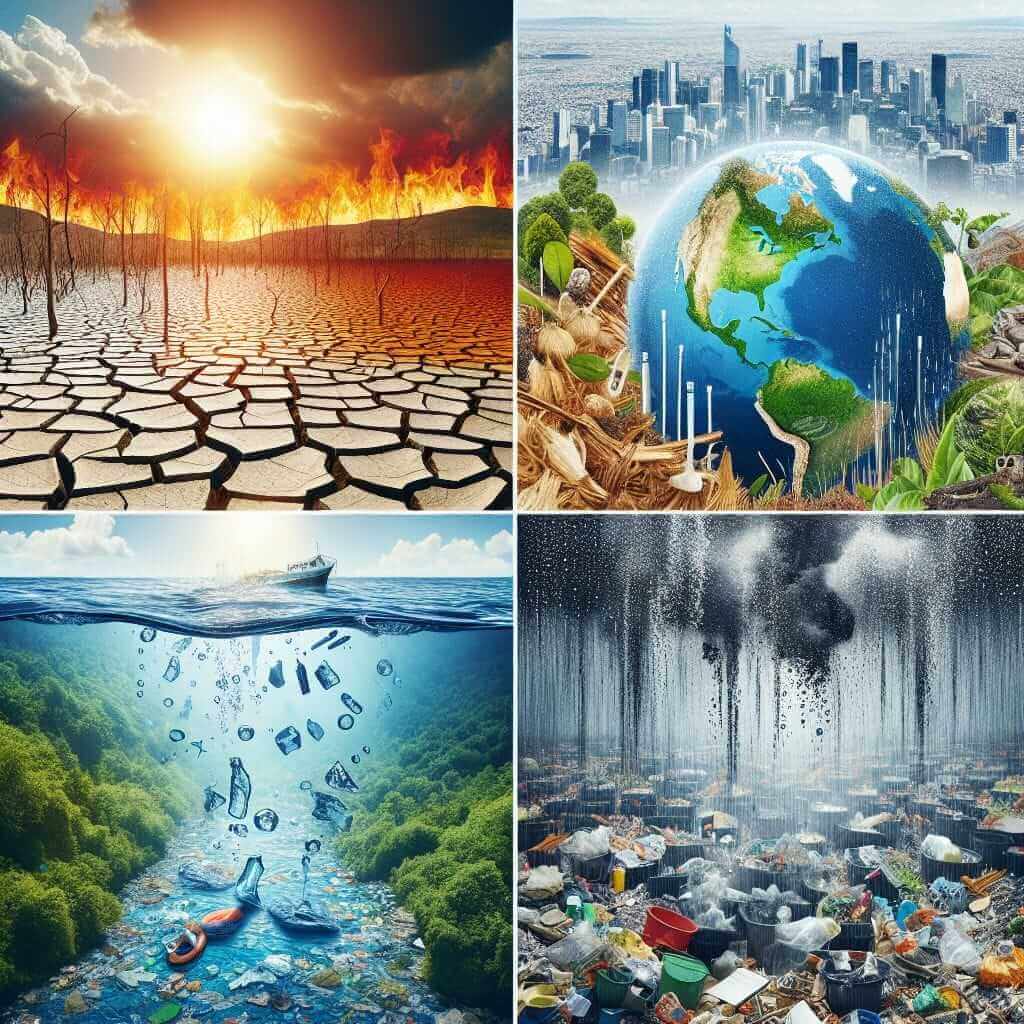Water conservation, a topic often intertwined with environmental issues, has become increasingly prevalent in IELTS Writing Task 2. This signifies the growing global concern regarding responsible water usage. Understanding how to effectively articulate the importance of water conservation is key to achieving a high band score.
This guide aims to equip you with the necessary tools to confidently tackle IELTS Writing Task 2 questions related to water conservation. We’ll delve into potential essay questions, dissect a chosen topic, provide a band 8 model answer, and offer valuable vocabulary and writing tips.
Sample IELTS Writing Task 2 Questions
Here are some examples of how “The importance of water conservation” might appear in your IELTS exam:
- Many countries are facing serious water shortages. What are the causes of this problem, and what solutions can be implemented?
- Some people believe that individuals can do little to conserve water, while others argue that individual actions are crucial. Discuss both views and give your own opinion.
- The increasing demand for water poses a significant threat to the environment. To what extent do you agree or disagree?
Analyzing the Chosen Question
For this guide, let’s focus on the following question:
Many countries are facing serious water shortages. What are the causes of this problem, and what solutions can be implemented?
This question presents a classic problem-solution structure, demanding a two-part essay. You’ll need to:
- Identify and explain the causes of water scarcity. This requires a global perspective, considering factors like climate change, overpopulation, and inefficient water management.
- Propose and elaborate on viable solutions. Your suggestions should be practical and potentially impactful, addressing both individual and governmental roles.

Model Answer
Water scarcity is a pressing global issue with potentially devastating consequences. This essay will explore the key drivers behind this crisis and propose effective solutions to mitigate its impact.
One of the primary causes of water shortages is the rapid growth of the global population. As the number of people on Earth increases, so too does the demand for water for drinking, sanitation, and agriculture. This strain on existing water resources is further exacerbated by unsustainable agricultural practices, such as inefficient irrigation techniques that lead to significant water wastage.
Furthermore, climate change plays a significant role in dwindling water supplies. Rising temperatures contribute to increased evaporation rates, depleting surface water sources like lakes and reservoirs. Simultaneously, alterations in precipitation patterns result in more frequent and severe droughts, further intensifying water stress in already arid and semi-arid regions.
Addressing this crisis requires a multi-faceted approach. Governments should prioritize the development and implementation of water-efficient technologies, particularly in agriculture, which accounts for the largest share of global water consumption. This could involve promoting drip irrigation systems and educating farmers on water-saving techniques.
Additionally, public awareness campaigns are essential to encourage responsible water use among citizens. This includes promoting simple yet effective practices like fixing leaks promptly, taking shorter showers, and using water-efficient appliances. Investing in water infrastructure, such as rainwater harvesting systems and desalination plants, can further enhance water security.
In conclusion, the escalating problem of water scarcity demands urgent attention. By addressing unsustainable practices, embracing technological solutions, and fostering responsible water use, we can pave the way toward a water-secure future. (Word count: 287)
Writing Tips
- Structure is Key: Organize your essay clearly with an introduction, body paragraphs addressing causes and solutions, and a concise conclusion.
- Provide Examples: Support your points with relevant examples to illustrate your understanding of the issue.
- Use Linking Words: Utilize a variety of linking words and phrases to ensure a cohesive and logical flow of ideas.
Vocabulary
- Scarcity: (noun) /ˈskɛəsɪti/ – A severe shortage or lack of something.
- Exacerbate: (verb) /ɪɡˈzæsə(r)beɪt/ – To make a problem, bad situation, or negative feeling worse.
- Unsustainable: (adjective) /ʌnsəˈsteɪnəb(ə)l/ – Not able to be maintained at the current rate or level.
- Mitigate: (verb) /ˈmɪtɪɡeɪt/ – To make something less harmful, unpleasant, or bad.
- Desalination: (noun) /diːˌseɪlɪˈneɪʃ(ə)n/ – The process of removing salt from seawater.
Conclusion
Mastering the topic of water conservation is crucial for success in the IELTS Writing Task 2. By understanding the nuances of the issue, crafting well-structured arguments, and utilizing appropriate vocabulary, you can effectively convey your ideas and achieve a high band score. Continue practicing with different essay prompts related to this theme to solidify your understanding and enhance your writing skills.